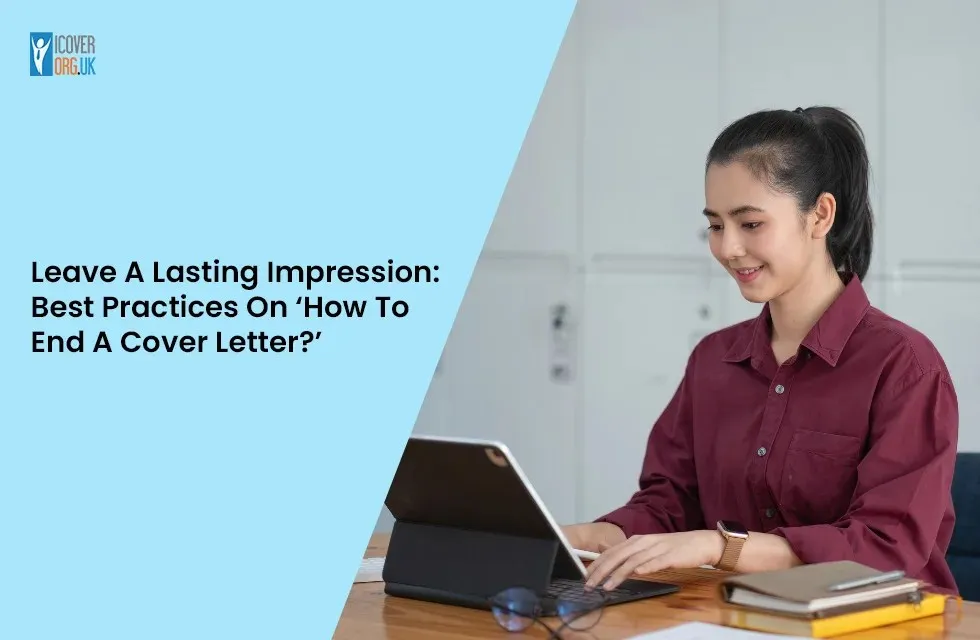Why the Cover Letter Ending Matters
Your cover letter is your first introduction to a potential employer, and its ending is your final chance to leave a lasting impression. Many job seekers focus heavily on the body of the letter, highlighting their skills and experience, but they often overlook the crucial role of a well-crafted conclusion. The ending is not just a formality; it’s an opportunity to reinforce your interest, demonstrate professionalism, and prompt the reader to take the next step. A strong conclusion can significantly influence whether your application moves forward, making it a pivotal element in the job search process. In today’s competitive job market, where every detail counts, mastering the art of the cover letter ending can set you apart from other candidates. Understanding why the ending matters is the first step toward crafting a closing that truly resonates with the hiring manager and boosts your chances of landing an interview.
The Importance of a Strong Closing
A strong cover letter closing is far more than just a polite farewell; it’s a strategic move that can determine the fate of your application. The closing provides a final opportunity to reiterate your key qualifications, summarize your value proposition, and clearly state your intentions. It reinforces your enthusiasm for the role and the company, leaving a positive and memorable impression. Without a strong closing, your application might lack impact, potentially appearing as if you’re not genuinely interested or prepared to move forward. A well-written ending not only demonstrates your attention to detail but also highlights your communication skills and professional demeanor. This final section is where you transition from simply listing your accomplishments to proactively guiding the reader toward the next stage of the hiring process, ultimately increasing your chances of receiving an interview invitation. A weak or generic closing can undermine the effort you put into the rest of your letter, so make every word count.
Key Components of a Powerful Cover Letter Ending
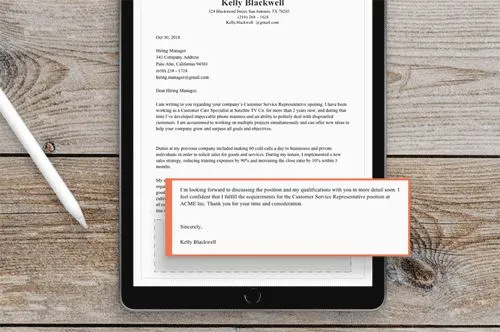
Crafting a powerful cover letter ending involves several essential components. First, you need to express your enthusiasm for the position and the company, demonstrating that you are genuinely interested. Next, reiterate your interest in the role and briefly summarize why you are a suitable candidate, highlighting your key skills and how they align with the job requirements. A strong closing also includes a clear call to action, where you explicitly state your desire for an interview and provide instructions on how to proceed. The tone should be confident, professional, and forward-looking. Ensure you proofread carefully to eliminate any errors in grammar or spelling, as this can detract from your overall professionalism. By incorporating these elements, you can create a closing that not only concludes your letter effectively but also increases your chances of securing an interview.
Expressing Enthusiasm
Expressing genuine enthusiasm is a critical part of ending your cover letter effectively. This involves communicating your excitement for the opportunity and demonstrating that you are genuinely interested in the role and the company. Use phrases that convey positive emotions, such as ‘I am very excited about this opportunity’ or ‘I am particularly drawn to [company’s mission/values].’ Avoid generic or lukewarm language. Instead, tailor your closing to the specific role and company, referencing something that caught your eye in the job description or during your research. This shows that you have taken the time to understand the role and are truly motivated to contribute. Expressing enthusiasm not only makes a positive impression but also helps you stand out from other applicants who might use a more standardized closing. This helps you show your potential employer that you are looking forward to working in the new role.
Reiterating Interest
Reiterating your interest in the position is a crucial element of your cover letter’s closing. This is your final chance to remind the hiring manager why you are the best fit for the role. Briefly summarize your key qualifications and highlight how your skills and experience align with the job requirements. Avoid simply repeating what you wrote earlier in the letter; instead, focus on the most relevant and impactful aspects of your profile. For example, you might state something like, ‘My experience in project management, combined with my passion for innovation, makes me confident I can contribute to your team.’ This concisely reminds the reader of your value proposition. By reiterating your interest, you reinforce your suitability and leave a clear message about why you should be considered for an interview.
Making a Specific Call to Action
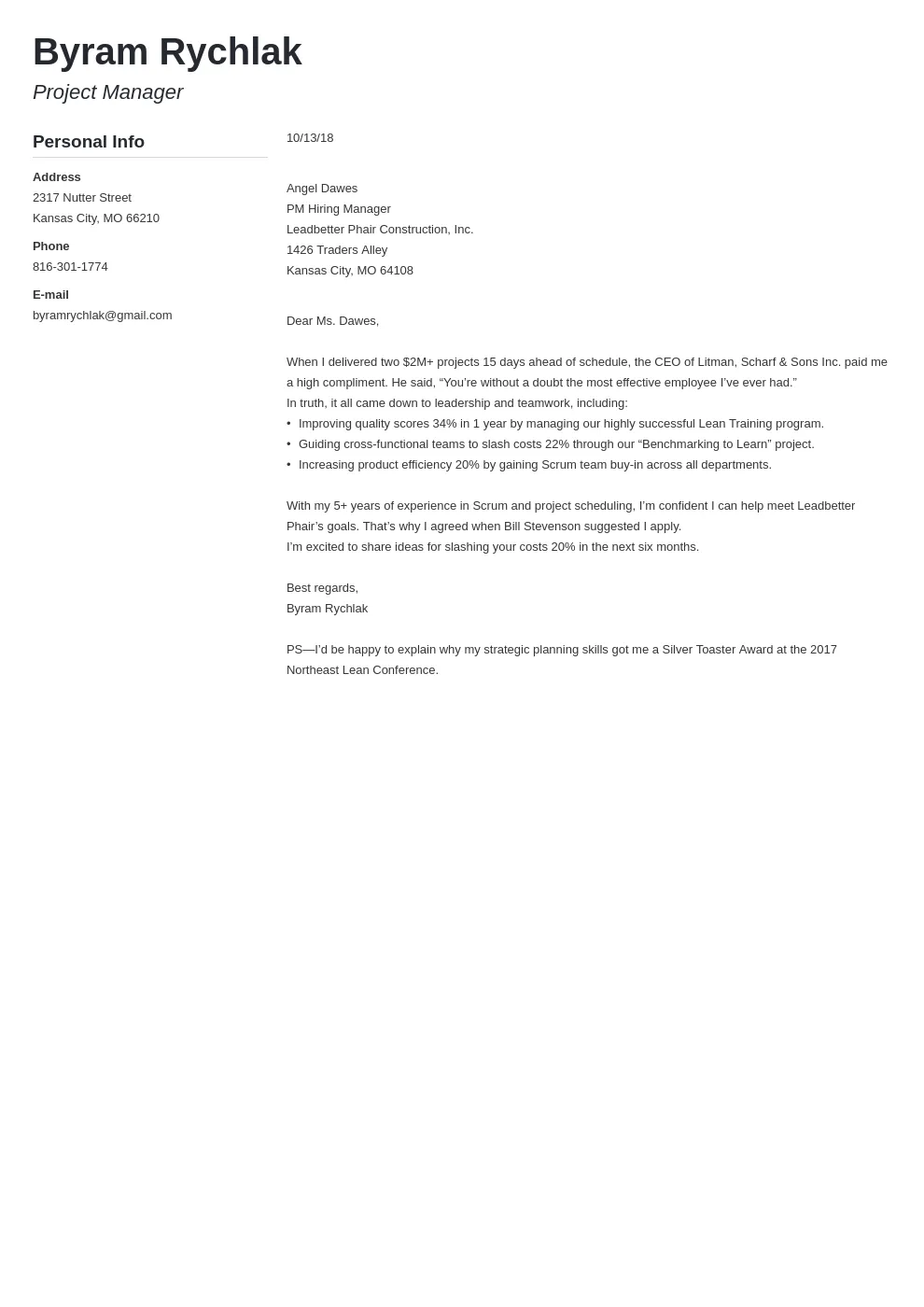
A clear and specific call to action is vital in a cover letter ending. This guides the hiring manager toward the next step and encourages them to take action. The most common call to action is to request an interview, such as ‘I am eager to discuss my qualifications further and would welcome the opportunity to speak with you.’ Be direct and confident in your request. If the job posting indicates how to follow up, make sure to mention that you will follow their instructions. Include your contact information, making it easy for them to reach you. By making a specific call to action, you proactively move the application process forward and increase the likelihood of receiving an interview invitation. Do not leave the reader guessing about what you want; be clear and explicit in your closing.
Formatting Your Closing
The format of your cover letter’s closing is as important as the content. Keep it concise and professional, typically consisting of three to four sentences. Start with a statement of enthusiasm and reiterate your interest in the role. Follow this with a call to action. Then, end with a professional closing salutation such as ‘Sincerely’ or ‘Best regards,’ followed by your typed name. Ensure your closing is visually appealing by using standard fonts and formatting that matches the rest of your letter. Pay attention to the alignment and spacing to maintain a clean and organized appearance. By paying attention to formatting, you demonstrate your attention to detail and commitment to professionalism. The closing should flow naturally from the previous paragraphs, providing a seamless conclusion to your letter.
Professional Closing Phrases
Selecting the right closing phrases can enhance the impact of your cover letter. Use professional and courteous language to leave a positive impression. Some excellent options include ‘Sincerely,’ ‘Best regards,’ ‘Kind regards,’ or ‘Thank you for your consideration.’ Avoid overly casual or informal phrases, such as ‘Cheers’ or ‘See you soon.’ When choosing a closing phrase, align it with the tone of the rest of your letter and the company culture. For instance, a more formal company might warrant a ‘Sincerely,’ while a more relaxed company may allow for a ‘Best regards.’ Ensure consistency in tone throughout your letter. After your closing phrase, leave a space and type your full name. Consider adding your contact information immediately after your name for easy reference.
Examples of Effective Cover Letter Endings
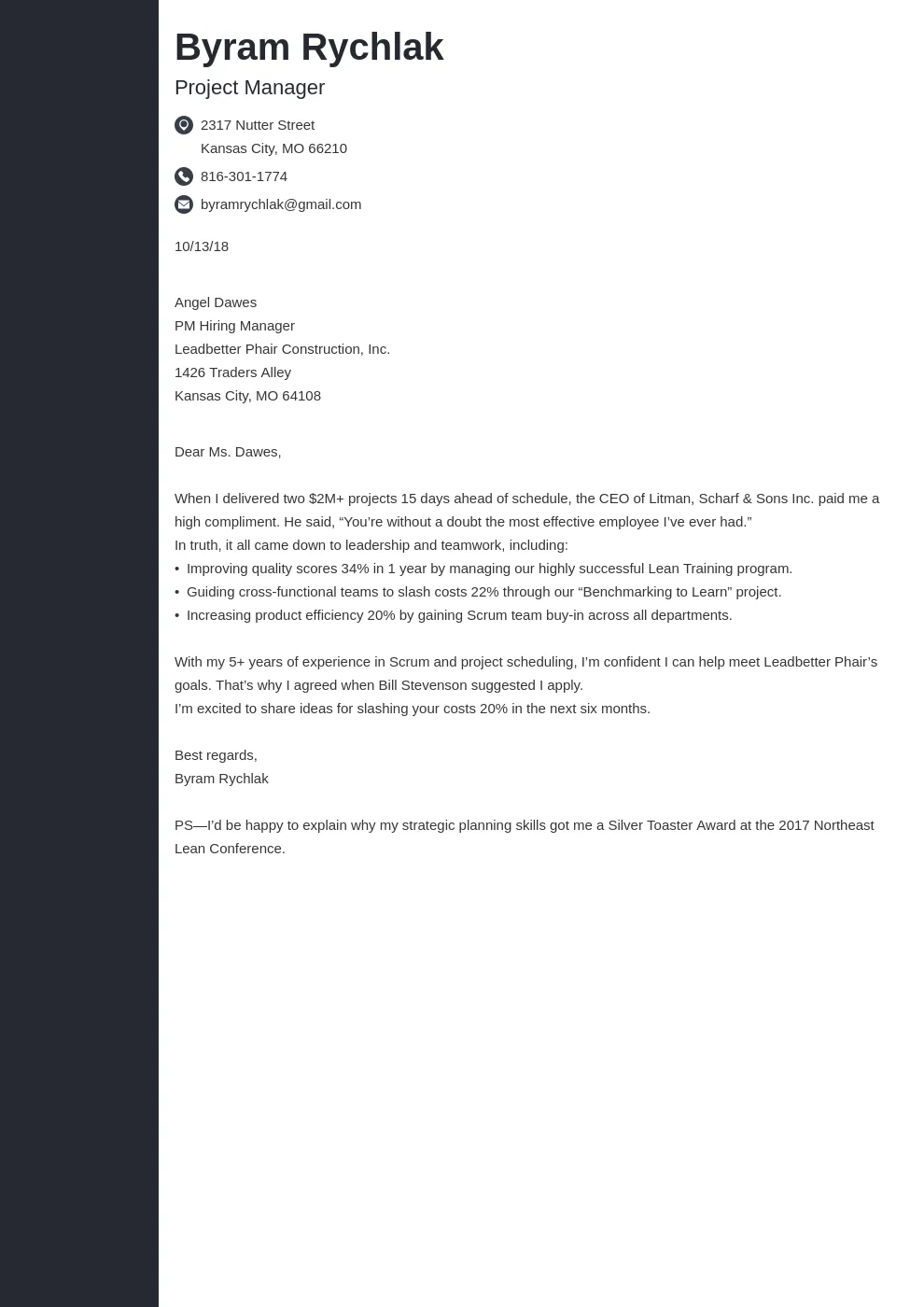
To illustrate the components discussed, here are a few examples of effective cover letter endings. These examples show the structure and tone that you can adapt to suit your application. Observe how they include enthusiasm, reiterate interest, and provide a specific call to action, thus making a strong final impact.
For Entry-Level Positions
For entry-level positions, the ending should highlight eagerness and potential. Example: ‘I am very excited about the opportunity to contribute to [company name]’s mission. My passion for [industry] combined with my skills in [relevant skills] makes me confident I can quickly become a valuable team member. I am eager to learn more about this role and welcome the opportunity to discuss my qualifications in an interview. Thank you for your time and consideration. Sincerely, [Your Name]’ This approach emphasizes enthusiasm, relevant skills, and a clear call to action, making it suitable for candidates with less professional experience. Always tailor this to be specific to your skills.
For Experienced Professionals
Experienced professionals should tailor their closing to reflect their accomplishments and expertise. Example: ‘I am enthusiastic about the possibility of leveraging my [number] years of experience in [industry] to drive [specific result] at [company name]. My track record in [specific achievement] aligns well with your company’s goals. I am available for an interview at your earliest convenience and look forward to discussing how my skills can contribute to your success. Thank you for your consideration. Best regards, [Your Name]’. Here, you’re showcasing specific achievements and how you will be a good fit. This closing highlights significant accomplishments and presents a clear call to action. Always ensure that the details are in line with your accomplishments.
Common Mistakes to Avoid in Cover Letter Closings
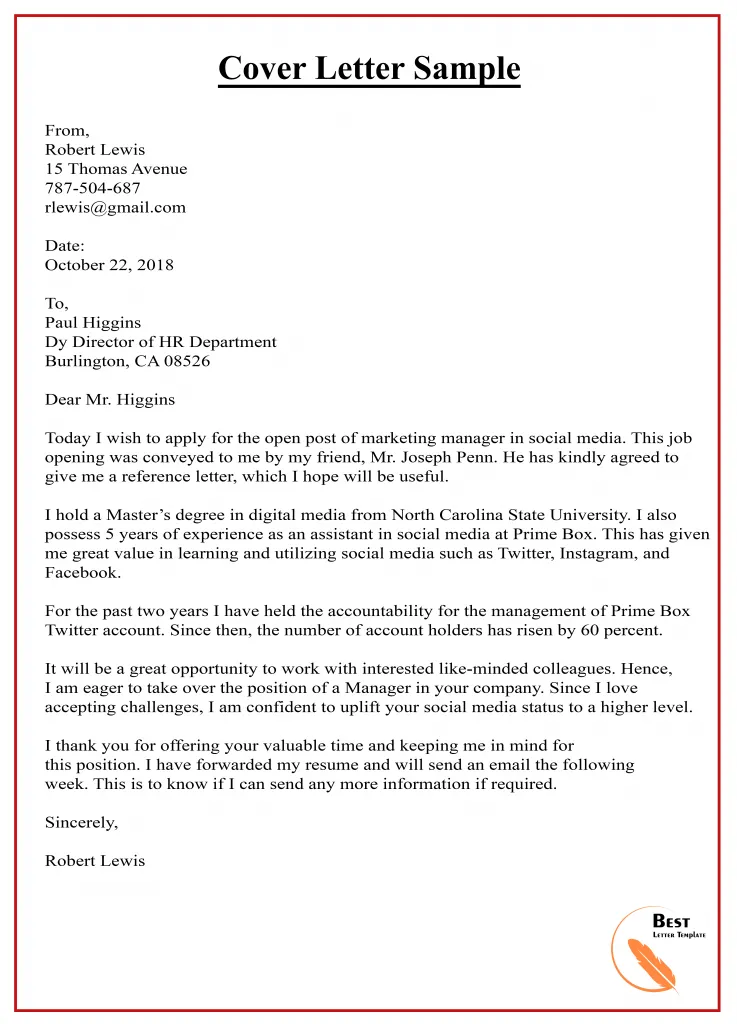
Avoiding common mistakes is crucial in crafting a compelling cover letter ending. One mistake is being too generic, using a standard closing that doesn’t reflect your interest in the specific role or company. Another mistake is failing to include a clear call to action, leaving the hiring manager unsure of what you want them to do next. Avoid using overly casual language or slang, which can undermine your professionalism. Also, do not include excessive information or repeat the entire letter; the closing should be brief and concise. Ensure you proofread carefully to avoid any errors in grammar or spelling. Lastly, do not end on a negative note by apologizing for your lack of experience or abilities; always focus on your strengths and potential. By avoiding these common pitfalls, you can create a closing that is professional, impactful, and increases your chances of moving forward in the application process. Ensure that you proofread your work to check for any potential spelling and grammatical mistakes.
